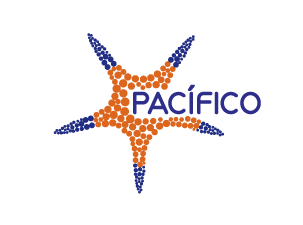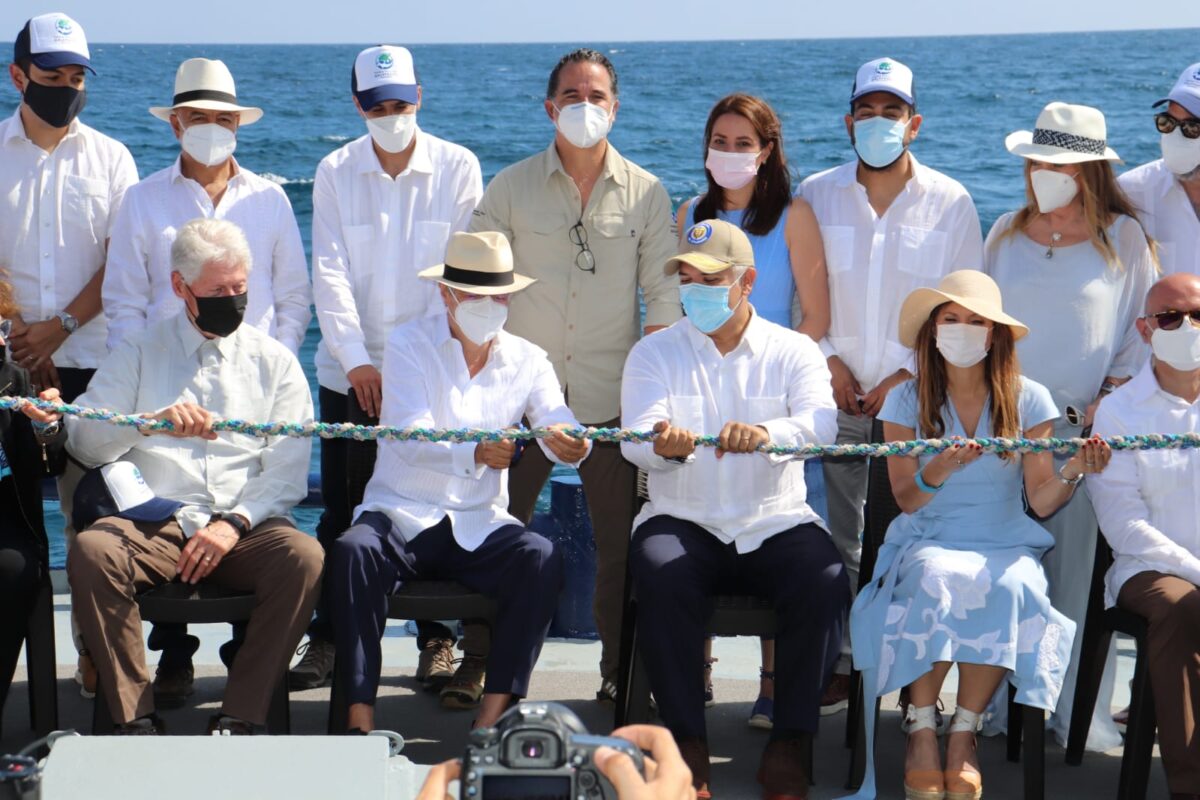- New marine protected area covers 60,000 km2, complementing the Galapagos Marine Reserve.
- Hermandad Reserve protects the biological corridor between the Galapagos Islands in Ecuador, Cocos Island in Costa Rica, and other islands.
The President of the Republic of Ecuador, Guillermo Lasso Mendoza, signed the decree creating the new Brotherhood Marine Reserve in Galapagos, during an emotional ceremony in which he was accompanied by his Colombian counterpart, Iván Duque; former U.S. President Bill Clinton; the Minister of Environment, Water and Ecological Transition, Gustavo Manrique; national authorities and those of Costa Rica and Panama; along with several representatives of the tourism and fishing sectors.
This new protected area adds 60,000 km2 to the Galapagos marine protection zone, 30,000 km2 where no fishing activities will be permitted and 30,000 km2 where longlining will not be allowed.
The Hermandad Marine Reserve is located northeast of the archipelago and protects the biological corridor between the Galapagos Islands in Ecuador, Cocos Island in Costa Rica, and other oceanic islands in neighboring countries such as Coiba in Panama and Malpelo in Colombia, which are part of the Eastern Tropical Pacific Marine Corridor.
Species such as sea turtles, manta rays, whales and sharks pass through this space during their migratory routes.
“This new marine reserve is the result of the conservation efforts promoted by the Ecological Transition, this action will allow us to protect the great biodiversity of the ocean and promote sustainable tourism in Galapagos,” said Minister Manrique. He also noted that the Reserve was named Hermandad as a result of the cohesion of wills of various sectors: artisanal and industrial fishermen, tourism, environmentalists, among others.
The new Hermandad Marine Reserve will generate important benefits for the Galapagos Islands, Ecuador and the world; in addition to strengthening coastal marine conservation, it will mitigate the impacts of climate change through a consequent and greater capture of CO2, boost sustainable tourism and, due to the overflow effect, will favor fishing due to the increase in fishery resources.
Pacifico Foundation congratulates the Government of Ecuador and its allies for this advance in marine conservation with an impact on the Eastern Tropical Pacific.

